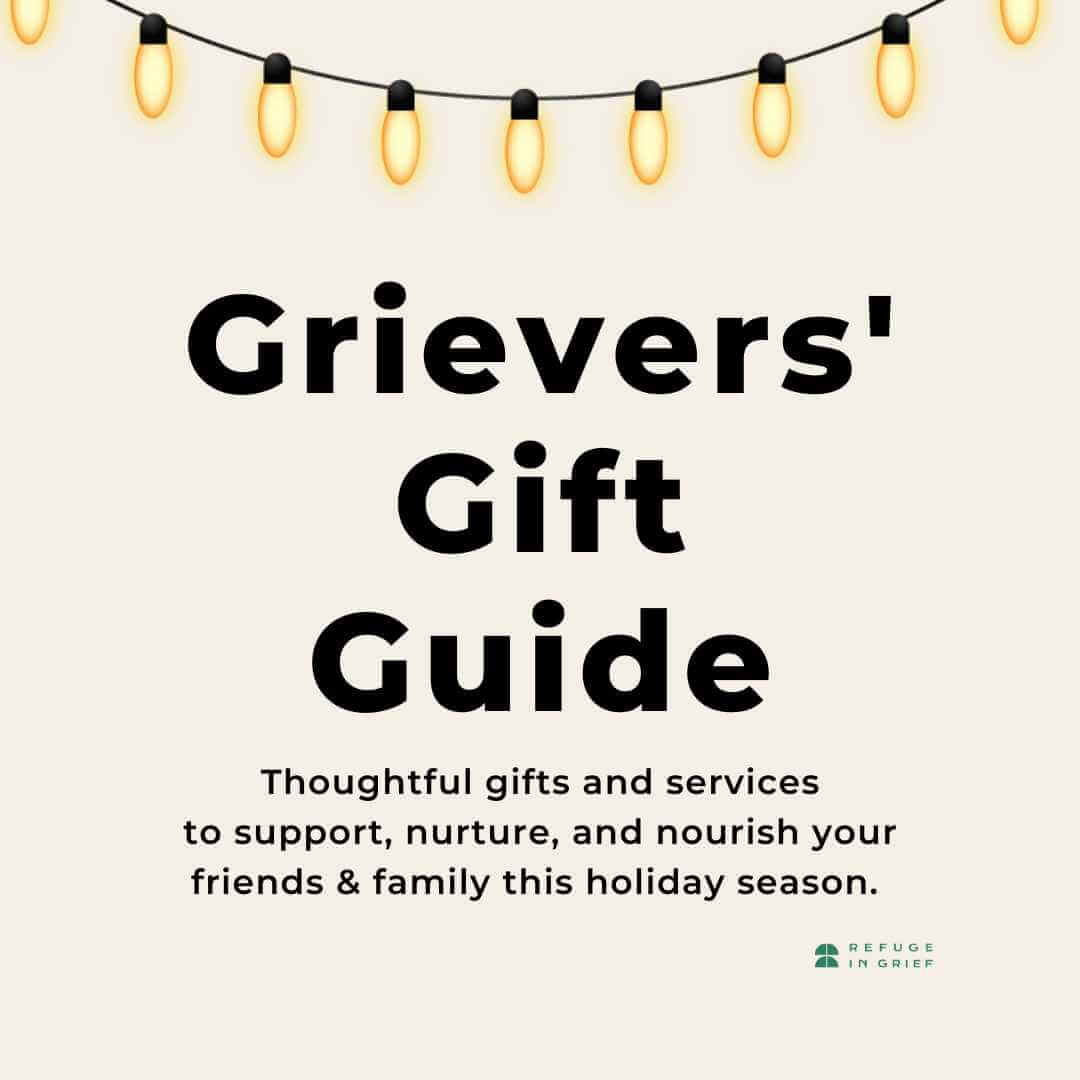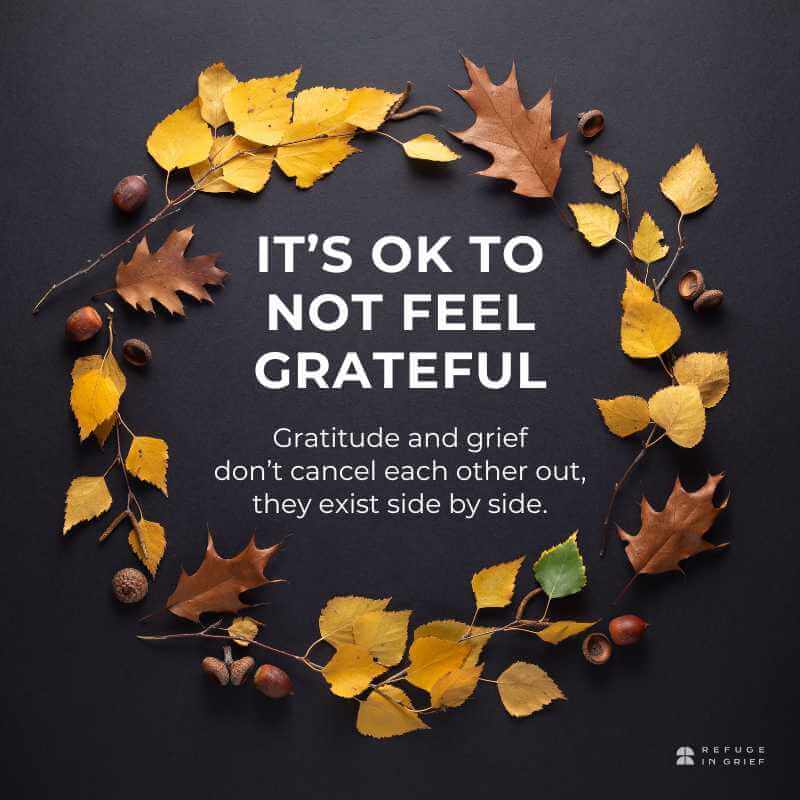There is no such thing as prolonged grief disorder.
I’m not going to share the recent New York Times article on “prolonged grief disorder” – there’s no need to spread that faulty information around. The American Psychiatric Association just announced this “new” disorder, so you’re probably going to see it more and more in the media. Here’s the run down on this allegedly “new diagnosis”:
There’s no such thing as prolonged grief disorder.
Calling normal human emotion a pathology is a symptom of our “good vibes only” culture. There’s NOTHING wrong with you if you’re sad, lonely, or have a hard time finding joy or meaning after your person dies.
It’s RUDE AF in the wake of a still ongoing pandemic to basically diagnosis millions of people via a New York Times article. You know how many people are grieving right now? And you want to add “oh shit, I’m doing GRIEF wrong?!” on top of that? RUDE. And immensely short sighted.
Popular articles like this teach would-be supporters that they should be worried about someone if they’re “still sad” a year after their person died. It’s faulty information with real world consequences.
It’s not the NYT fault – media outlets report on information given to them. That the AMA/APA pushing an ever-deepening pathology of what it means to be human – that’s the problem. Media gives that weird little disconnected realm of medicine a massive platform, though.
Popular articles calling normal, healthy human emotion a disorder – and giving grief a very clear timeline in which to be resolved – means more people will stop talking about their grief to anyone, rather than be judged. Suppressing grief doesn’t make it go away.
Suppressing grief has given us epidemics of drug addiction, loneliness, interpersonal violence, and suicidality.
We have a chance RIGHT NOW, while the world is grieving, to normalize this normal human experience. We have a chance to talk about real ways to support ourselves – and each other – when we’re hurting.
But NO. We’ve decided to double down. Tell people they shouldn’t be bothered when their parents, partners, children, siblings, and best friends die. No big deal, they say. Buck up and look on the bright side.
You know why people are lonely? Because they can’t tell the truth about how they feel. If you’re going to be cheered up, corrected, or told you have a disorder – you’re going to stop talking. That doesn’t make grief go away. It makes people feel alone during the hardest times of their lives.
Loneliness is a public health issue resulting in LOADS of health conditions.
Check out the studies on loneliness by Cigna. Grief – and disconnection because we can’t talk about grief – is at the root of loneliness. Calling grief a disorder creates far more problems than it tries to solve.
Popular articles calling normal, healthy human emotion a disorder - and giving grief a very clear timeline in which to be resolved - means more people will stop talking about their grief. Suppressing grief doesn't make it go away. Click To TweetNeed to know what normal inside grief? Check out our ongoing #PerfectlyNormal series here or the #PerfectlyNormalGrief campaign on IG.
Be sure to listen to Here After with Megan Devine wherever you get your podcasts. (Listen to our previous episodes) An episode on prolonged grief disorder is coming soon – in the meantime, listen in for tips, advice, and answers to all your grief-related questions, like this one on boundaries and friendship.
PS: Here’s my Twitter ran on this with extra ranting about the insurance industry!


